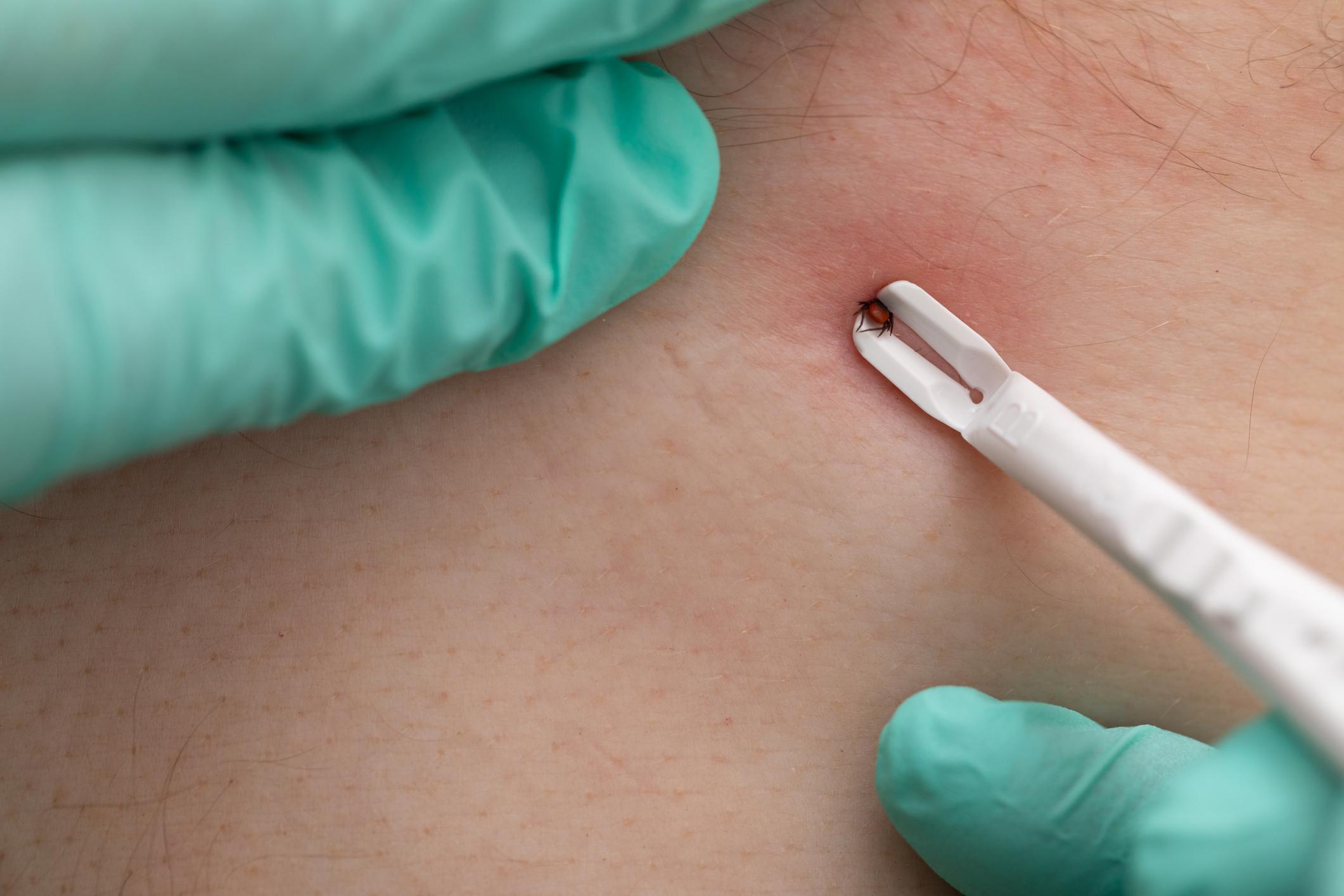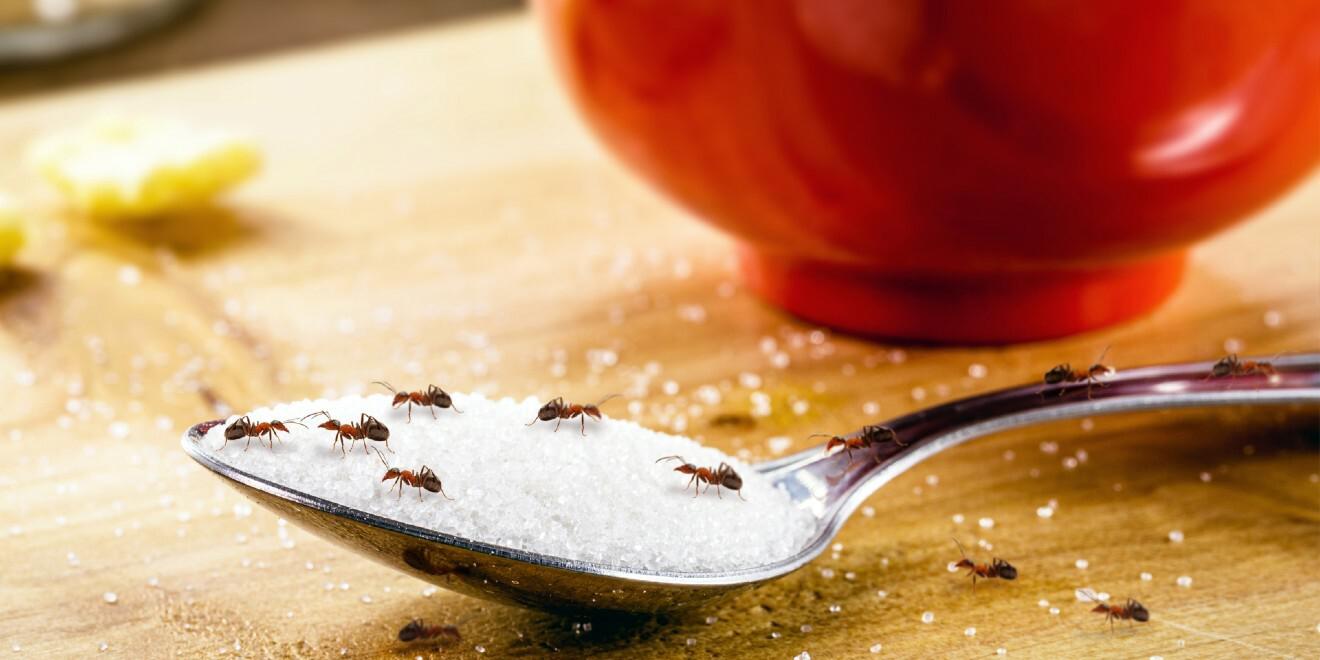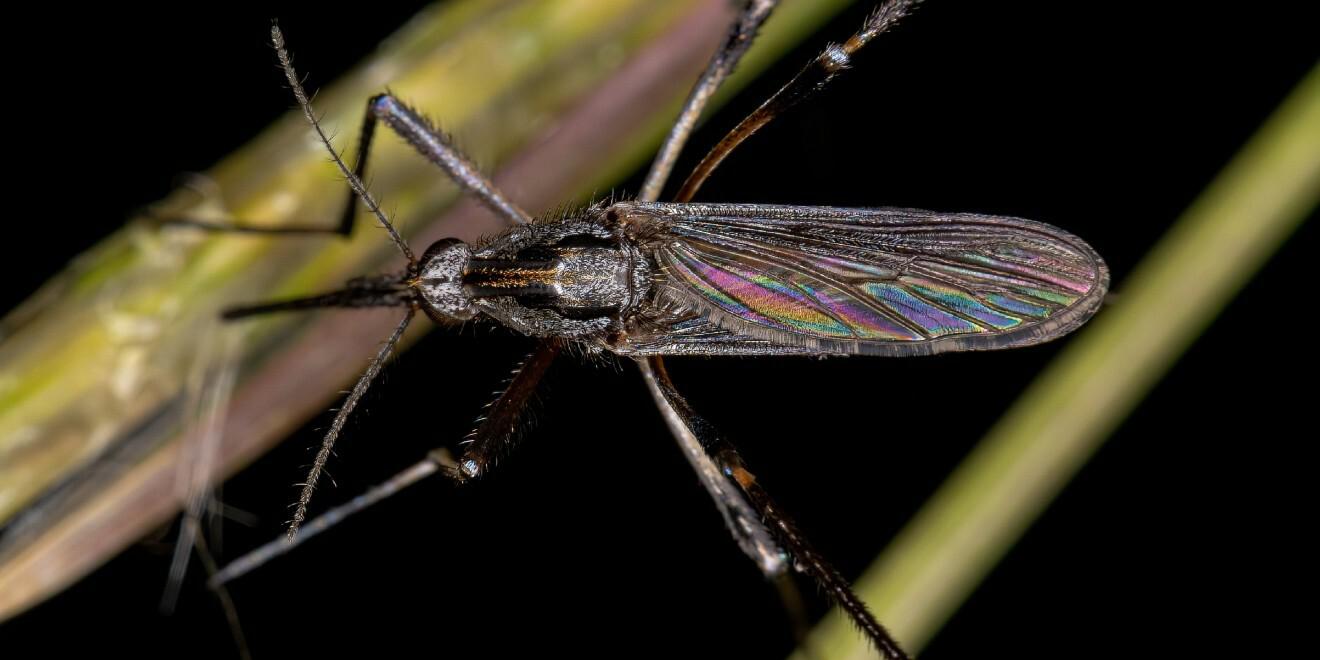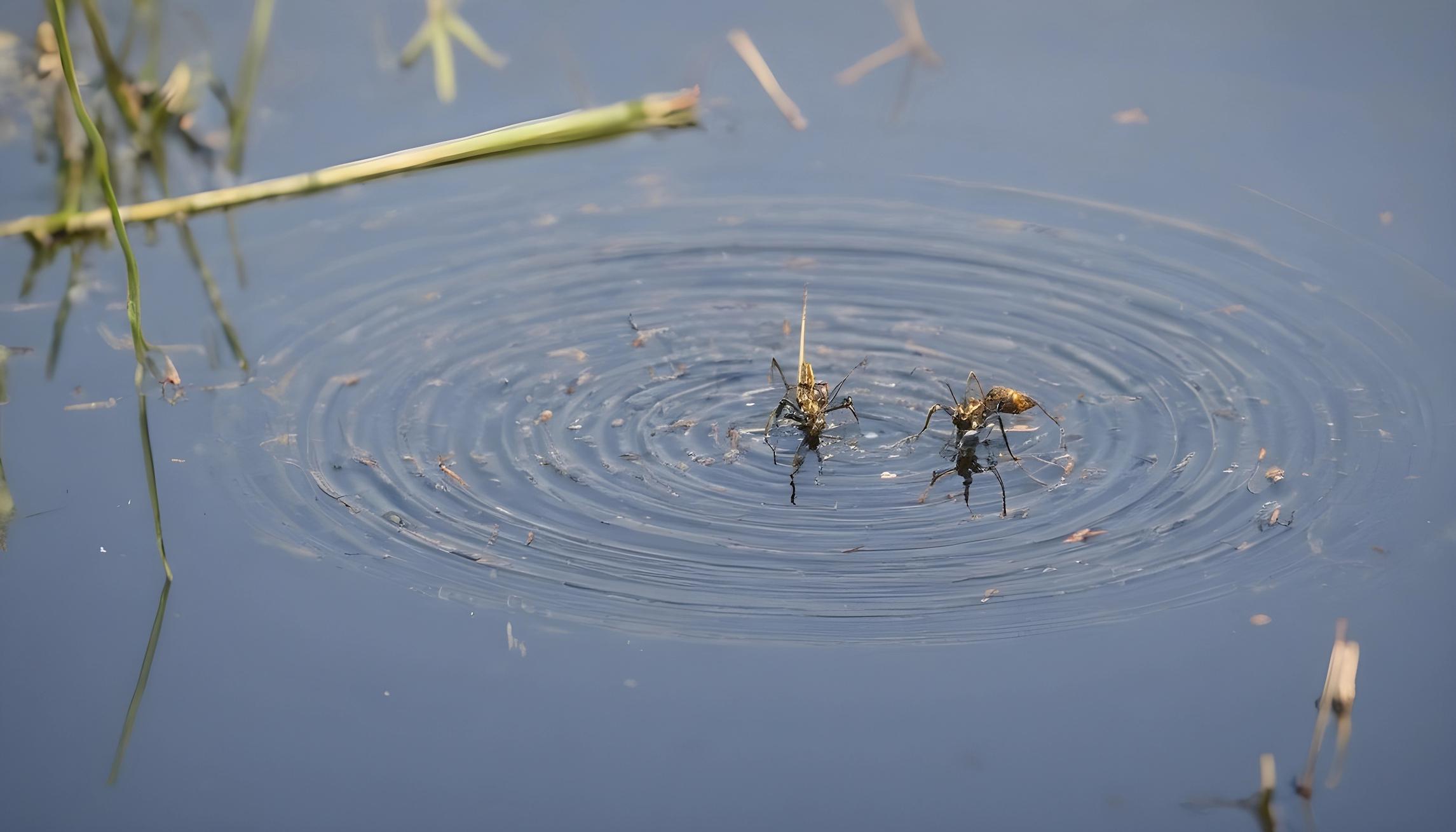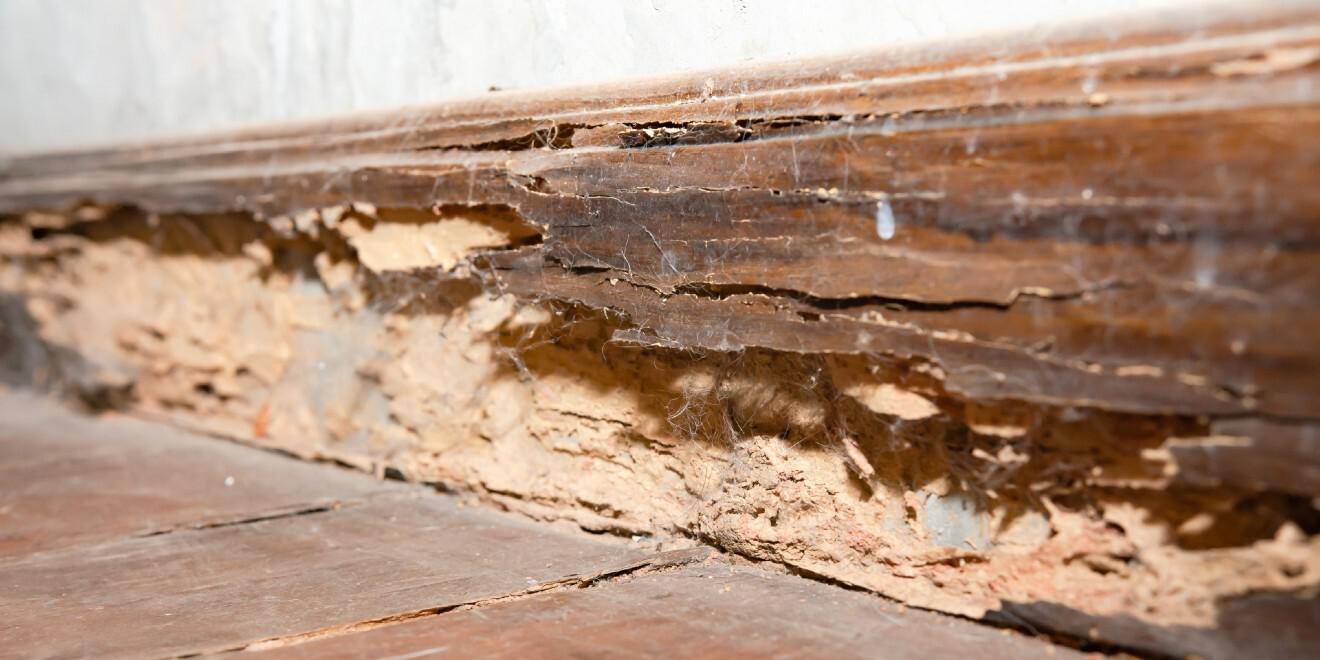Massachusetts Ticks Carry More than Lyme Disease: Your Tick-Borne Disease Reminder
Posted by Mosquito Squad
September 11, 2017
We have often reported the various tick-borne diseases that can affect Central and North Shore Massachusetts residents. While news reports can provide the reminder when disease strikes, we would like to provide you with an additional reminder heading into the Fall tick season. Remember, ticks will continue to be out in September, and there is often a resurgence in early October. I’ve even heard of hunters finding them alive and well during hunting season, so please, continue to practice tick safety vigilance until winter’s deep freeze arrives.
WHAT TICK-BORNE DISEASE THREATS DO WE FACE IN MASSACHUSETTS?
- Borrelia Miyamotoi: A recent human case of Borrelia Miyamotoi in Cape Cod reminds us of the risk of this rare but potentially deadly close cousin of Lyme. While there has been no bulls-eye rash as with Lyme disease, B. Miyamotoi symptoms are nonspecific flu-like symptoms that can lead to recurring flu symptoms. Read the details of Borrelia Miyamotoi, and call your doctor if you suspect you’ve been infected.
- Powassan Virus: Making the news early this year, Powassan virus is rare, but can be very deadly. Experts believe it is not as rare as once thought, making the Powassan virus particularly important for Massachusetts residents to be aware of.
- Babesiosis: Spread by deer ticks, Babesiosis is a rare but sometimes deadly tick-borne disease that can be especially threatening to people with a weakened immune system. Babesiosis is also a threat to your canine companions, making tick control for your dogs that much more important.
- Anaplasmosis: Another Massachusetts tick-borne disease threat, Anaplasmosis can affect humans and their pets. This bacterial infection transmitted by deer ticks can be fatal in less than 1% of patients if not treated properly. It can affect horses and dogs and would require antibiotics.
While we could be facing a threat from Rocky Mountain spotted fever and Ehrlichiosis with an increase in Lone Star ticks in the area, those are the rarer tick-borne diseases for our part of the country. We continue to face most of our threats from diseases carried by deer ticks. At Mosquito Squad of North Shore, we will continue to keep our finger on the pulse of local tick-borne disease threats. As we do that, we hope to continue to lower your risks for all tick-borne diseases by lowering tick populations on your property with our effective tick control program.










